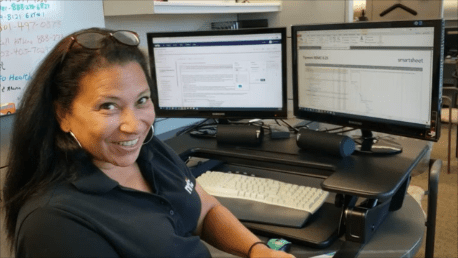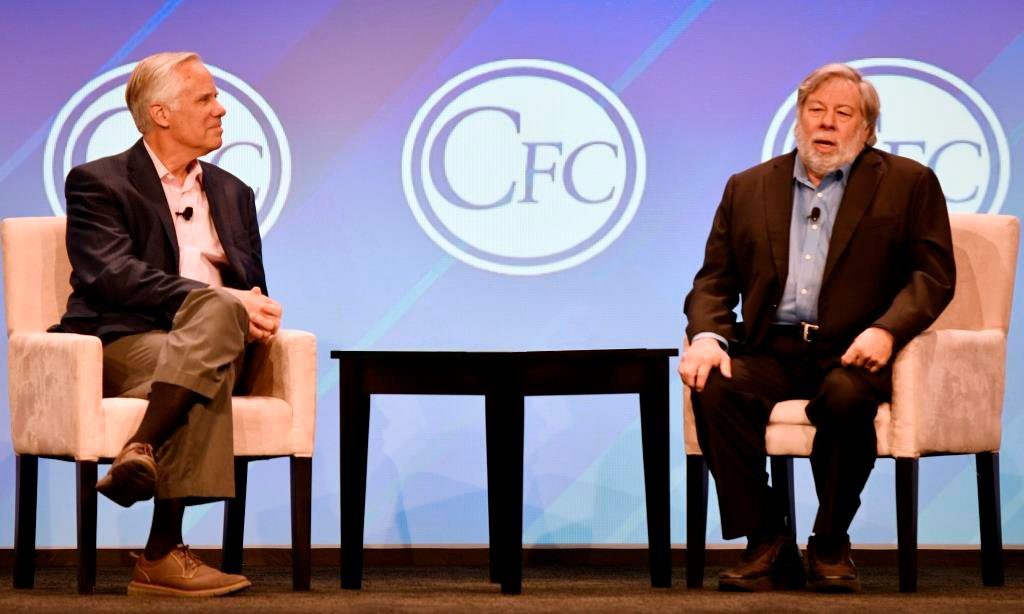Rural Telco Staffs Meet the Increased Demand Amid Pandemic Challenges
Randy Sukow
|

The COVID-19 crisis grinds on and through the weeks of quarantine, work-at-home employees and distance learning students have relied on home internet, voice and video services to stay connected with the world. Many rural telephone companies have had to operate with reduced staff and make changes to routine procedures, even as demand for service increased dramatically. Three NRTC member telcos shared their experiences with us.
ValuNet Fiber, Emporia, KS
Jelinda Watts, manager, Customer Operations
To say we have been busier than ever is a very true statement for ValuNet Fiber. Not only is our staff dealing with the effects of this unprecedented pandemic, they are handling increased sales and repair volumes. We are thankful and blessed with a very strong staff that wants to do all it can to keep our community connected.
On Monday, March 9, we began implementing the COVID-19 pandemic rules. Our first steps were to limit all outside dispatches for both new installations and repairs to our elderly residential establishments including ALL nursing homes and assisted living spaces. We also began staff screenings as it was spring break week and people were traveling.
We ceased all “in-home” dispatches on March 16. We stopped all video installations and moved to a self-install model for internet-only service. By the end of that same week we had closed our lobby to walk-in traffic and 80 percent of our Customer Care group was working from home. We set up a new drop box for payments and equipment returns just outside our main lobby door along with two phones that allow us to communicate with customers who make their way to our office.
As for the few who are working at the office, we have completed physical moves to ensure there is ample space between each employee. We have also implemented strict sanitization guidelines for all working spaces as well as outdoor spaces. Recently the health department declared five businesses within our city limits as COVID-19 cluster sites. Since this announcement, we have gone to a strict policy requiring those who are in the office to wear masks when not working at their desks.
All the while that these changes with our staffing and procedures have occurred, we have seen our new requests for service double over the same time in previous years. Our repair volume has increased by 50 percent. Some customers came to realize their five-year-old routers could no longer support their new at home habits.
NEMR, Novinger, MO
Michele Gillespie, general manager
Dealing with the pandemic hasn’t been easy.
We have seven of our 16 office personnel working from home; our Accounts Payable person is working evenings, and one of the network technicians is working out of the central office. Everyone takes breaks and lunches at their desks.
The girls taking trouble tickets are trying to fix the issue before it gets dispatched. If a ticket does get dispatched, the guys are trying to solve the issue over the phone with the customer. We have allowed the outside guys to not punch in at their assigned office so we can abide by the social distancing rule.
Randolph Communications, Asheboro, NC
Stephanie Gee, marketing director
At this challenging time, we are seeing the qualities that make living in our rural communities special. People are stepping up to support each other and looking beyond themselves as they serve others. The communities we serve are strong, and together we’ll all get through this challenging and unprecedented situation.
At Randolph Communications, our top priorities right now are:
- Protecting the health of our customers and employees.
- Ensuring that our network and services meet increased customer needs.
- Supporting our community’s and country’s efforts to mitigate the impact of the outbreak.
/
Our network is strong, our internet and phone services are built to be reliable during times like this, and our team is skilled and capable.
We are continuing to honor a pledge we took on March 19 with the FCC to keep our customers connected by postponing non-pay disconnects, late charges and reconnect fees for 60 days. We have set up a six-month payment plan for those facing financial hardship.
While we have prohibited walk-in traffic, our drive-thru locations are open. All customer care specialists are available during business hours to assist with service questions. We’ve relocated some of our staff to allow for greater social distancing. Staff have been double screening customers prior to setting appointments to ensure the safety of our customers and employees. We are also reaching out to customers to prioritize service orders to take care of critical needs first.


